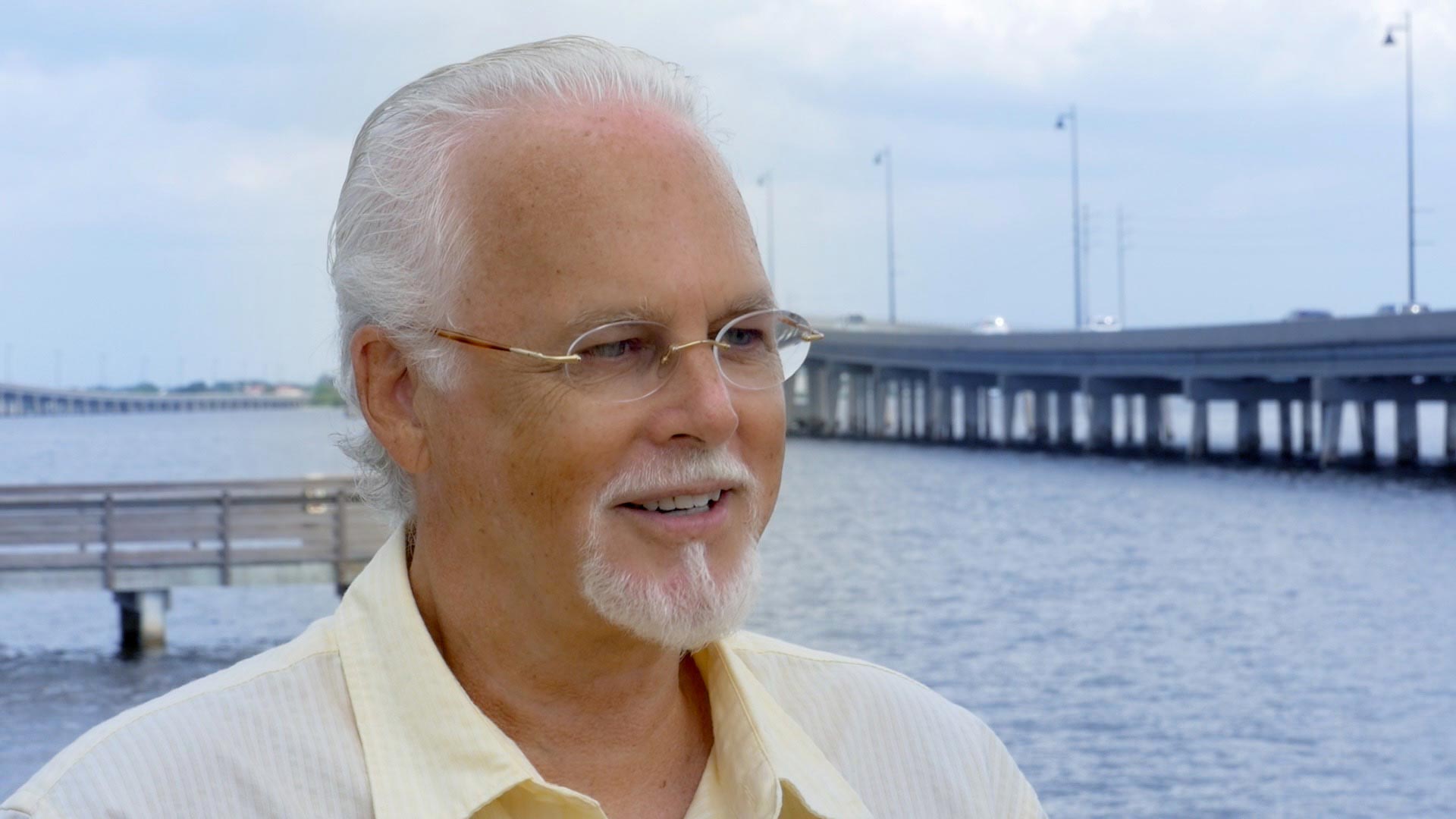William L. White Joins Hazelden Betty Ford Graduate School Board of Governors
Center City, MN – July 14, 2025 — The Hazelden Betty Ford Graduate School is honored to announce the appointment of William L. White to its Board of Governors. A pioneering historian, author, and advocate in the field of addiction recovery, White brings more than five decades of transformative leadership and scholarship to the role.
 White is widely recognized for his groundbreaking work in shaping modern approaches to addiction treatment and recovery advocacy. As co-founder of Chestnut Health Systems in 1973, he was instrumental in shifting the paradigm from punitive responses to alcohol use disorders toward compassionate, community-based care. His efforts laid the foundation for more humane and effective treatment systems that continue to influence the field today.
White is widely recognized for his groundbreaking work in shaping modern approaches to addiction treatment and recovery advocacy. As co-founder of Chestnut Health Systems in 1973, he was instrumental in shifting the paradigm from punitive responses to alcohol use disorders toward compassionate, community-based care. His efforts laid the foundation for more humane and effective treatment systems that continue to influence the field today.
"Bill's contributions to the addiction recovery movement are unparalleled," said Kevin Doyle, EdD, president and CEO of the Hazelden Betty Ford Graduate School. "His deep historical insight, commitment to evidence-based practices, and unwavering advocacy for people in recovery align perfectly with our mission to educate future leaders in addiction counseling."
White has authored or co-authored more than 400 publications, including the seminal book Slaying the Dragon: The History of Addiction Treatment and Recovery in America, a cornerstone text in the field. In 1986, he founded the Lighthouse Institute, the research and training division of Chestnut Health Systems, where he championed the integration of historical context with clinical innovation.
His legacy is preserved through the William White Library, a globally respected resource curated by Chestnut Health Systems that houses his extensive body of work and continues to inspire researchers, clinicians, and recovery advocates worldwide.
"I am deeply honored to join the Board of Governors at the Hazelden Betty Ford Graduate School," said White. "This institution has long been a beacon of excellence in addiction education and care. I look forward to contributing to its continued growth and impact."
White's appointment reflects the Graduate School's ongoing commitment to academic excellence, innovation, and the advancement of recovery-oriented systems of care.
White joins the board of governors as long-time chair Susan Fox Gillis completes her nine years of exemplary service and dedication to the mission of educating the next generations of counselors. Bennett Rosenthal has been appointed as the new chair, with Bill Lammers serving as vice chair, and have served on the board for four and two years, respectively.
About the Hazelden Betty Ford Graduate School
The Hazelden Betty Ford Graduate School creates transformative educational experiences for future leaders in addiction counseling who provide evidence-based, integrated care for substance use and co-occurring disorders. Hazelden Betty Ford has been training addiction counselors longer than any other institution in the U.S. and aims to set the international standard for addiction counselor education, practice and leadership. The Graduate School and its programs hold accreditations from the Higher Learning Commission, the National Addiction Studies Accreditation Commission, and the Council for Accreditation of Counseling and Related Educational Programs. Learn more.
About the Hazelden Betty Ford Foundation
The Hazelden Betty Ford Foundation is a force of healing and hope for individuals, families and communities affected by addiction to alcohol and other drugs. As the nation's leading nonprofit provider of comprehensive inpatient and outpatient addiction and mental health care for adults and youth, the Foundation has treatment centers and telehealth services nationwide as well as a network of collaborators throughout health care. Through charitable support and a commitment to innovation, the Foundation is able to continually enhance care, research, programs and services, and help more people. With a legacy that began in 1949 and includes the 1982 founding of the Betty Ford Center, the Foundation today is committed to diversity, equity and inclusion in its services and throughout the organization, which also encompasses a graduate school of addiction studies, a publishing division, an addiction research center, recovery advocacy and thought leadership, professional and medical education programs, school-based prevention resources and a specialized program for children who grow up in families with addiction.
